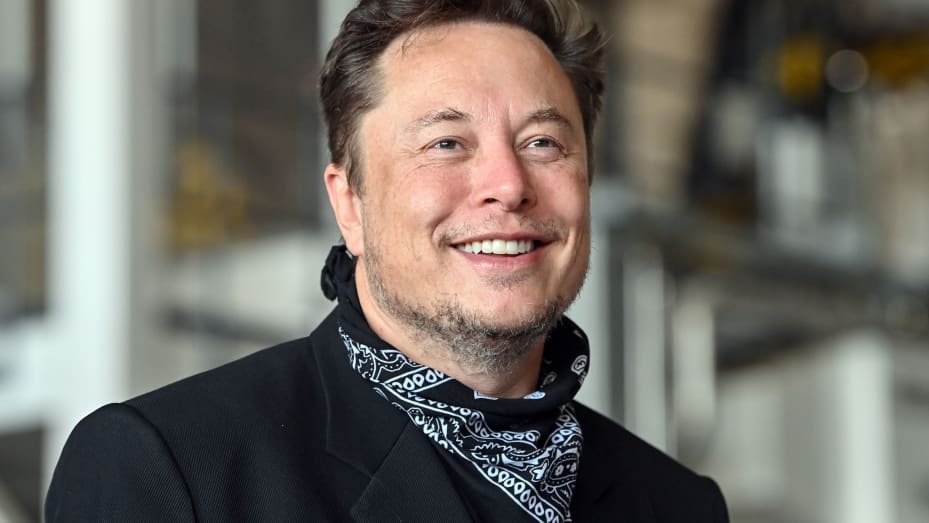Is Elon Musk Correct When He Says Governments Cannot Destroy Cryptocurrency?

Saturday, October 16, 2021 | Chimniii Desk
Highlights
This week, billionaire entrepreneur Elon Musk, an ardent supporter of these virtual currencies, advised governments against attempting to "destroy" them. However, he agreed that they can halt its progress. Tesla and SpaceX creator Elon Musk's statement comes amid a Chinese crackdown on cryptocurrency mining, which is being blamed for the country's current electricity shortfall. There is also widespread agreement that bitcoin has the capacity to disrupt the established financial system, but how true is Musk's assertion that governments cannot destroy cryptocurrencies now? Given the alternatives, some countries, such as El Salvador, have recognised cryptocurrencies as legal tender, while others are considering developing their own crypto coin, which national regulators can govern or monitor. The market value of the cryptocurrency industry as a whole has crossed $2 trillion.
Advertisement
The SpaceX founder's statement came amid a Chinese crackdown on bitcoin mining.
Cryptocurrency is viewed positively by some investors as a means of eradicating economic disparity in society, while others view it as a hedge against inflation. Many others simply wish to profit from the digital currency while it continues to generate respectable returns on investment. With the rapid growth of Bitcoin, the argument over its regulation is gaining momentum. Authorities worldwide are debating how to manage the disruption it may bring, despite the fact that its market and user base continue to grow significantly. This week, billionaire entrepreneur Elon Musk, an ardent supporter of these virtual currencies, advised governments against attempting to "destroy" them. However, he agreed that they can halt its progress.
Fundamentally, cryptocurrency is aimed at limiting the power of a centralised government, Musk explained, which is why "they don't like" it. Tesla and SpaceX creator Elon Musk's statement comes amid a Chinese crackdown on cryptocurrency mining, which is being blamed for the country's current electricity shortfall. There is also widespread agreement that bitcoin has the capacity to disrupt the established financial system, but how true is Musk's assertion that governments cannot destroy cryptocurrencies now?
Given the alternatives, some countries, such as El Salvador, have recognised cryptocurrencies as legal tender, while others are considering developing their own crypto coin, which national regulators can govern or monitor.
On a superficial level, he appears to be correct. The crypto world has now been for more than a decade, dating all the way back to 2009, when Bitcoin, the first virtual currency, was created. And Bitcoin alone has increased tremendously in value over the last few years, reaching a market valuation of $1 trillion. The market value of the cryptocurrency industry as a whole has crossed $2 trillion. Add to that the increasing number of users who have made real-world financial investments in it.
Even if nations such as China attempt to clamp down, individuals will almost certainly find methods to access the profitable but very volatile market. This is because the entire system is online, which means that all transactions and processes take place through the Internet, using common devices such as mobile phones. Any government would have a difficult time entirely eliminating the crypto trade.
Advertisement